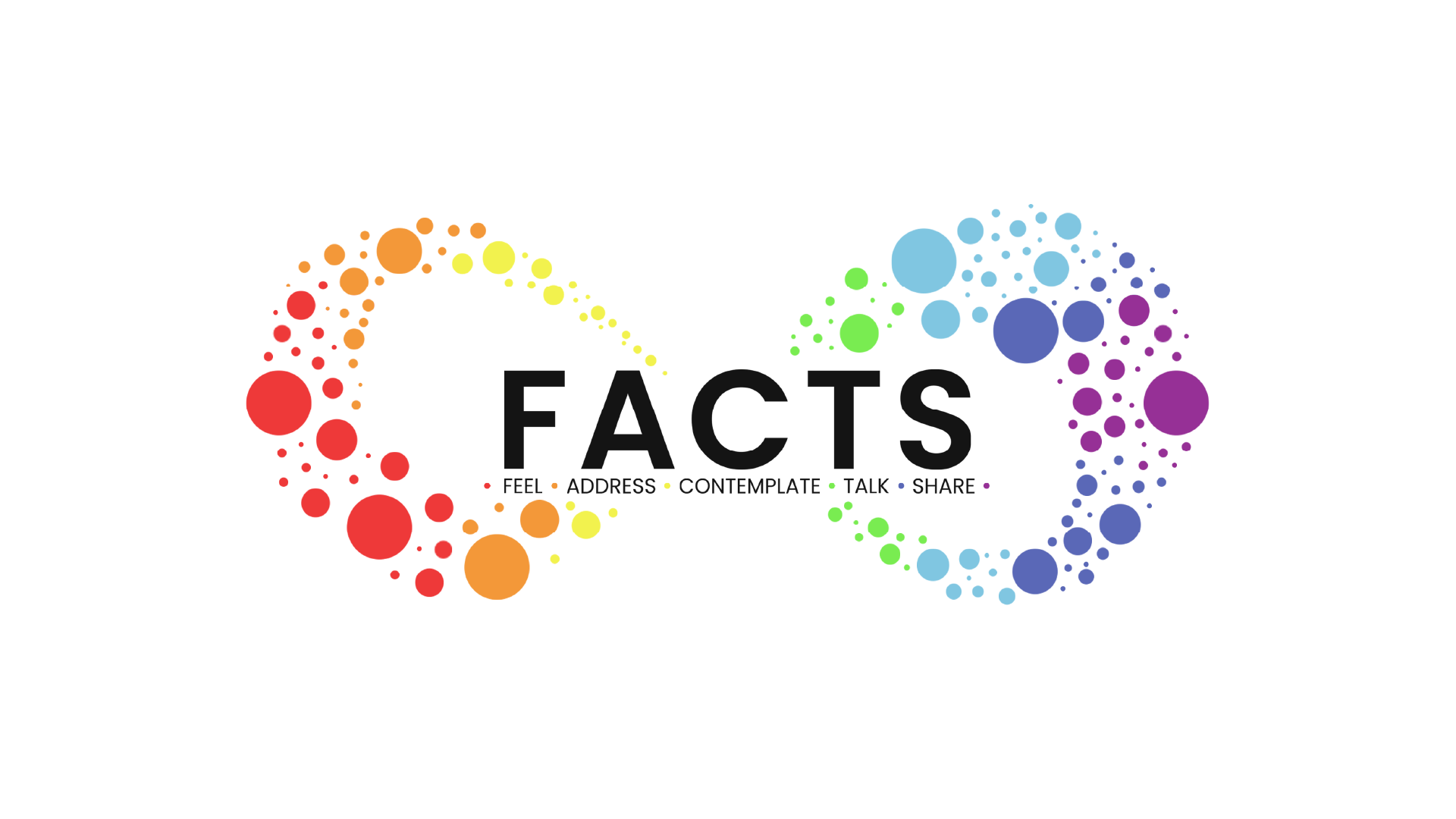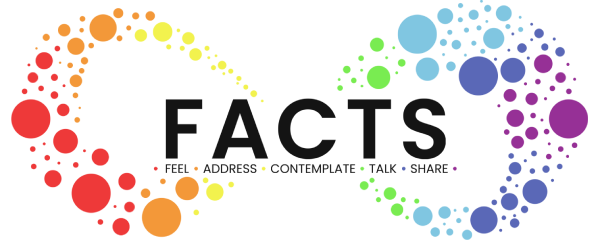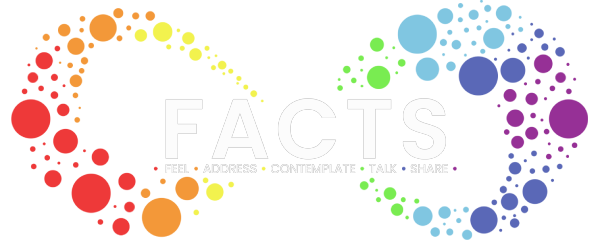
Publications &
resources
Results
F.A.C.T.S. is an opportunity for professionals working with autistic people and the autism community at large to get informed about gender identity and sexuality. The outcomes of our work are displayed here.
Questions? Ideas? Reach out!

Let’s promote the sexual rights and autonomy of autistic people and fostering a more inclusive society. Let’s learn together.
Project Results
Literature Review
Literature Review
Curriculum
Curriculum
Training Materials
Training Materials
Educational Videos
No.1: Knowing My Body
This video explains how to promote body awareness in autistic people. It provides some basic information about the human body and its organs and provides detailed instructions on how to teach these concepts to autistic people.
This is the first in a six-part series of training videos for professionals working with autistic people.
За да видите това видео на български език, кликнете тук.
Katsoaksesi tämän videon suomen kielellä, klikkaa tästä.
Per guardare questo video in italiano, clicca qui.
Pour voir cette vidéo en français, cliquez ici.
Για να παρακολουθήστε το βίντεο στα ελληνικά, κάντε κλικ εδώ.
No.2: Gender Identity & Gender Expression
This video shows how to explain the concepts of gender identity and gender expression to autistic people. It provides background on these concepts, how they are formed on an individual and societal level, and how and why they might present differently in autistic people.
This is the second in a six-part series of training videos for professionals working with autistic people.
За да видите това видео на български език, кликнете тук.
Katsoaksesi tämän videon suomen kielellä, klikkaa tästä.
Per guardare questo video in italiano, clicca qui.
Pour voir cette vidéo en français, cliquez ici.
Για να παρακολουθήστε το βίντεο στα ελληνικά, κάντε κλικ εδώ.
No.3: Sexual Orientation, Behaviour & Identity
This video shows how to discuss the concepts of sexual orientation, behaviour and identity with autistic people. It provides detailed explanations of these concepts, how they are determined in individuals, and how autistic people’s approaches to sexuality might be different.
This is the third in a six-part series of training videos for professionals working with autistic people.
За да видите това видео на български език, кликнете тук.
Katsoaksesi tämän videon suomen kielellä, klikkaa tästä.
Per guardare questo video in italiano, clicca qui.
Pour voir cette vidéo en français, cliquez ici.
Για να παρακολουθήστε το βίντεο στα ελληνικά, κάντε κλικ εδώ.
No.4: Adult Relationships
This video explains how many autistic people view relationships of any kind: with family, friends, and romantic partners. It shows the many ways in which autistic people’s expectations of relationships are identical to those of neurotypical people, and analyses how autistic people may communicate their needs and feelings differently.
This is the fourth in a six-part series of training videos for professionals working with autistic people.
За да видите това видео на български език, кликнете тук.
Katsoaksesi tämän videon suomen kielellä, klikkaa tästä.
Per guardare questo video in italiano, clicca qui.
Pour voir cette vidéo en français, cliquez ici.
Για να παρακολουθήστε το βίντεο στα ελληνικά, κάντε κλικ εδώ.
No.5: Challenges in Intimate Relationships
This video explains how professionals can prepare autistic people to meet the challenges that arise in intimate relationships: how to communicate boundaries related to physical proximity or how to identify and express their emotions. Boundaries and consent are important in any relationship, of course, but they become particularly essential when one partner is autistic and has different expectations and needs regarding emotional and/or physical closeness.
This is the fifth in a six-part series of training videos for professionals working with autistic people.
За да видите това видео на български език, кликнете тук.
Katsoaksesi tämän videon suomen kielellä, klikkaa tästä.
Per guardare questo video in italiano, clicca qui.
Pour voir cette vidéo en français, cliquez ici.
Για να παρακολουθήστε το βίντεο στα ελληνικά, κάντε κλικ εδώ.
No.6: Safety in Intimate Life
This video trains professionals on the concepts of safety and personal space in the sexual and/or intimate relationships of autistic people. Autistic people are at increased risk of sexual violence due to difficulties with communication or with expressing their emotions and/or needs.
This is the last in a six-part series of training videos for professionals working with autistic people.
За да видите това видео на български език, кликнете тук.
Katsoaksesi tämän videon suomen kielellä, klikkaa tästä.
Per guardare questo video in italiano, clicca qui.
Pour voir cette vidéo en français, cliquez ici.
Για να παρακολουθήστε το βίντεο στα ελληνικά, κάντε κλικ εδώ.
Other Resources

Where can you find F.A.C.T.S.?
Our project is involved in many events and represented at several congresses, meetings, and conferences. Throughout the duration of the project, Multiplier Events are taking place across Europe.



